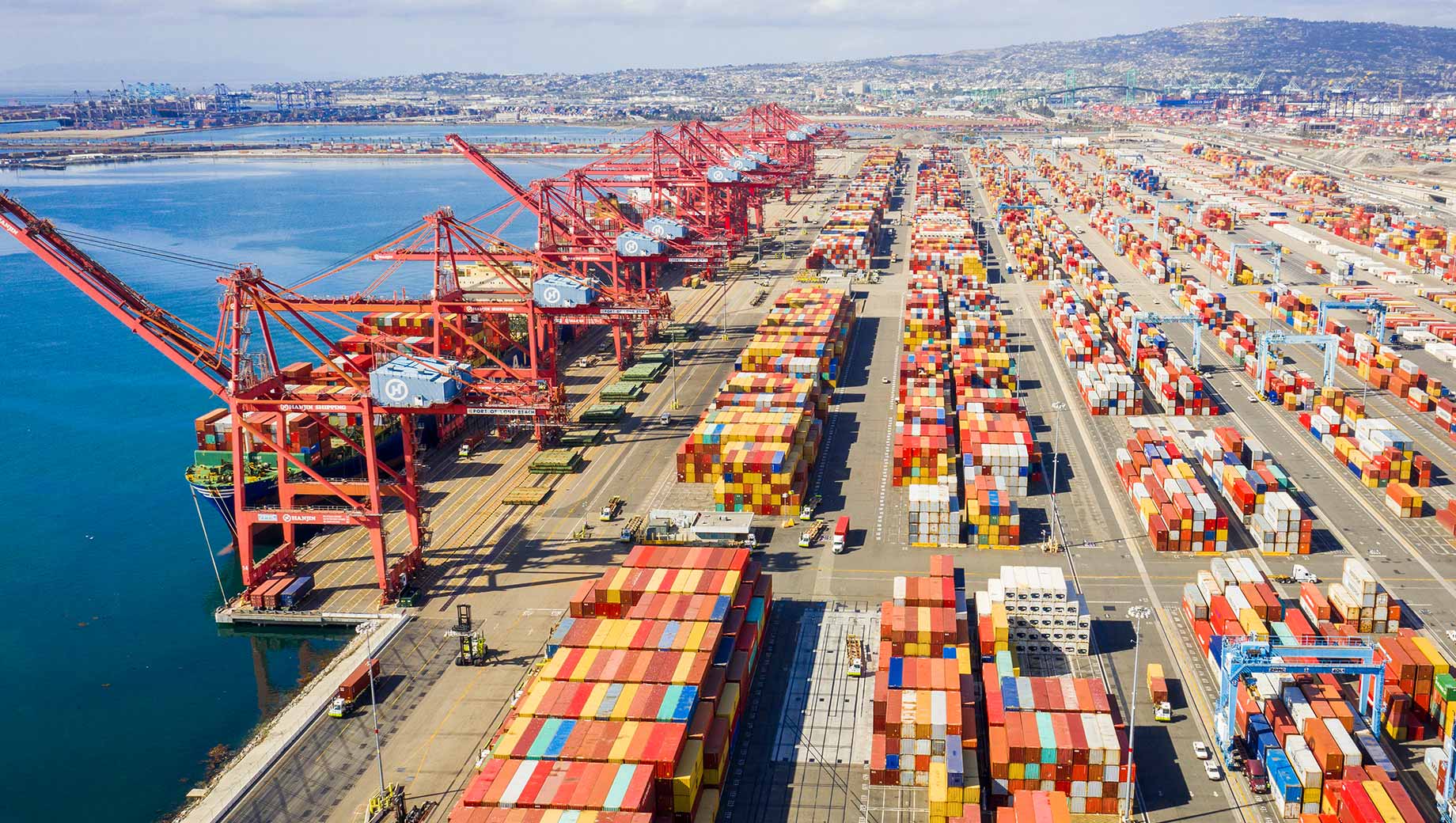During the past week, the world has witnessed a Graet Intelligence series of events that influenced the various sectors of the growing global economy. On the one hand, some events promised more developments and expansion in international trade and specific countries. On the other hand, some occurrences may negatively impact or alter certain aspects of world trade, including the country’s economy specifically involved.
Oil Price Rolls Back in the World Market.
The entire week is full of good news for oil importers worldwide. Since Monday, the oil price has decreased by $2 per barrel in the world market. Before that, the value of oil kept on increasing due to the disruption of supply in Iraq and Nigeria. According to the report by Mohamed El Baradei, director of the International Atomic Energy Agency, Iraq has been planning to empower its nuclear fuel production. The news has caused tension and raised concerns regarding nuclear weapons. Discussion about the issue is currently ongoing. The IAEA will talk about the subject at its scheduled meeting on March 6. After which, the report will be handed to the U.N security for final assessment.

A failed terrorist attack at the largest oil plant in Saudi caused an almost $2 decrease in oil prices in the world market. , The Saudi forces immediately controlled the situation, roused to full alert because of the tension. The oil supply, though, was not disrupted within the country despite the attack. The value of light crude oil decreased by $1.91 while Brent crude oil price lowered to $1.61.
The opposite situation, however, is taking place in Nigeria. Just recently, the oil price rose to more than $2 per barrel. The news of the Saudi terrorist attack influenced the sudden increase. Moreover, another reason was that the oil supply within the Nigerian region was cut by 13,000 barrels per day due to a leak. The series of militant threats and attacks within the area also prompted an increase in the oil price.
According to energy analysts, the improvement of the oil price in the world market would have been even better. However, several factors (like the focus of the oil market on short-term inventory data) prevent more positive results. Currently, the oil price remains close to $61 per barrel due to Algeria’s plea to OPEC for market stability Blogging Kits. Meanwhile, Shell, the third leading oil company, had gained a $23 B profit last year.
This should be enough reason to celebrate, but the huge oil company is currently facing the need to improve and expand its oil resources; otherwise, it will run out of supply in the future. According to reports, Shell was only able to replace between 60% – 70% of the gas used for production last year, and in 2004, the percentage was even lower with only 19% of replacement. However, Shell uses its large assets to meet the stiff market competition. Its oil reserve projects in Nigeria, Sakhalin Island, and the Gulf of Mexico are
underway. The success of these projects would empower the company’s future possibilities. Regions in the U.S, particularly East Coast and Nigeria, are also facing issues with their oil supply. This problem may eventually result in changes in the price of fuel. This situation is primarily caused by the shift in the chemicals used in the fuel refining process. Formerly, MTBE (methyl tertiary butyl ether) was used during the process.
Nevertheless, the use of MTBE led to problems and protests regarding water pollution and the contamination of the water supply. As an alternative, fuel companies in the U.S, particularly on the East Coast and Texas, utilize ethanol. The problem, though, is that ethanol is not abundantly produced within the country. Moreover, the fuel refining needs are greater than the reserve amount available. As a solution, the U.S government is currently importing ethanol from Brazil while constructing more ethanol plants within the country. The
campaign for energy independence in the U.S is also receiving negative feedback. Critics such as Tom Friedman of The New York Times commented that the government should focus on other more relevant issues aside from it. They claim that while energy independence may be motivated by noble purposes, it might not be the wisest move now. The government should look for other, more practical alternatives. Besides, the big-budget energy independence demands could be allotted to the different sectors of the economy and government.
READ MROE :
- Why Did Christ Come Into the World?
- Product Evaluation – Webmail
- The Most Beautiful Woman in the World Award
- The Primary Duty of the Intermediary in Internet Oil Trading
- Protection From Internet Marketers











